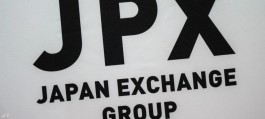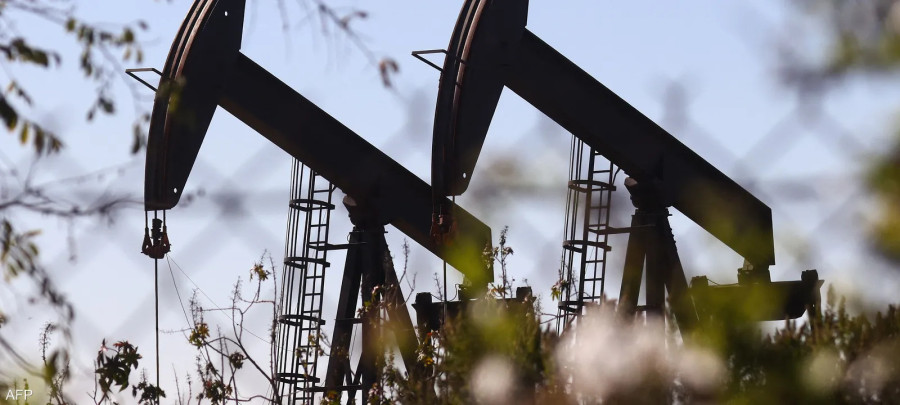The price of oil stabilized after a two-day advance, as the countdown began to a key meeting that will see the OPEC+ alliance set production policy in the new year.
Brent crude oil traded below $83 per barrel, after rising nearly 4% over the previous two sessions, with WTI falling below $78. OPEC+ heavyweight Saudi Arabia is pressing fellow members to join it in restricting production to prevent a renewed oil surplus next year, but faces opposition from countries including Angola and Nigeria ahead of a virtual meeting later on Thursday.
Delegates in the OPEC+ alliance said a deeper collective cut of 1 million barrels per day or more may be considered. The absence of group-wide cuts could lead to further weakness in oil prices - after Brent crude fell by about 13% over the past two months - amid abundant supplies from outside the group of producers, including record exports from the United States.
Deeper cuts
There are growing expectations that they may make deeper supply cuts, said Warren Patterson, head of commodities strategy at ING Group NV. He added: These increased expectations leave a downside risk to the market if OPEC+ results are disappointing later today.
JP Morgan and Eurasia Group were among the latest companies to point to a declining balance between supply and demand, after the International Energy Agency said earlier this month that the market would return to surplus next year.
RBC Capital Markets LLC expects OPEC+ will likely reach an agreement with Angola and Nigeria that will allow the broader group to begin discussions on production, analysts including Helema Croft said in a note. If the issues can be settled, they said, there would be plenty of room for the group to make a deeper collective cut.
In the United States, crude oil inventories rose for the sixth consecutive week to their highest levels since July, data from the Energy Information Administration showed. Levels at the Cushing hub also rose, she added, while exports of crude oil and products rose to a record high of about 4.5 million barrels per day last week. The American Petroleum Institute had previously expected a decline in inventories nationwide.






































